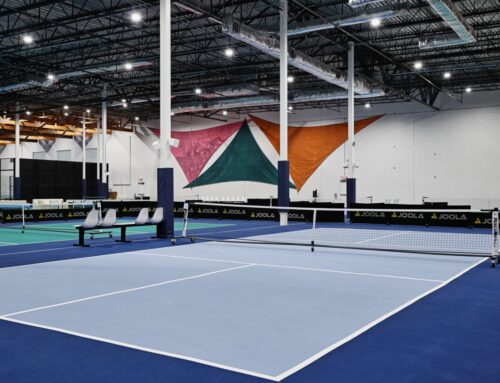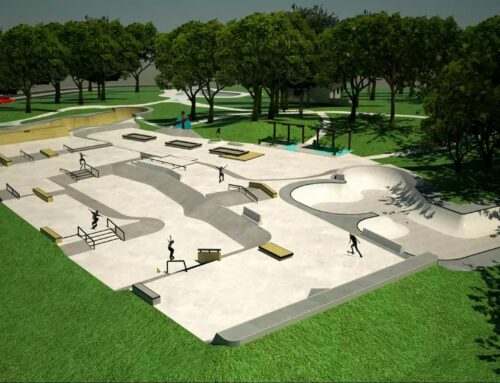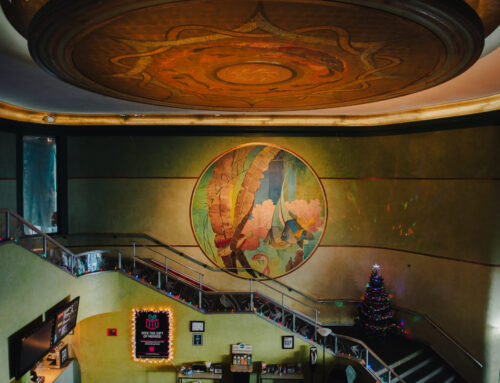Super Bowl XLV will descend upon North Texas on Feb. 6. With the direct economic impact estimated at $611 million, it’s kind of big deal. Preston Hollow resident Bill Lively is North Texas Super Bowl XLV Host Committee’s president and CEO. He has deep Dallas roots — more than eight years as president and CEO of the Dallas Center for the Performing Arts, and 25 years as a Southern Methodist University faculty member. Lively’s committee has outdone other host committees in almost every aspect, from the extravagant new Cowboys Stadium in Arlington to landing a record 14 million-dollar sponsorships to the philanthropic initiatives that will continue long after the big game.
What’s on the host committee’s agenda now, with just a month to go until the big game?
We had 1,300-plus days until the game when we won the bid in ’07, and now, it’s execution time. The NFL will be here in the region for a month before the game. So far, the report card has been really, really good. The NFL has responded very well to this host committee. From the beginning, our objective was to use this as a catalyst to do good.
What legacy programs have been put in place?
There are all these things that we promise to deliver, such as aviation, the stadium, transportation. Then there are a lot of things that we don’t have to do. We have $1.5 million in educational programs. We have Service Learning Adventures in North Texas — SLANT 45 — which is the largest of its kind in American history. During 2010, 20,000 schoolchildren from all over the region logged 45,000 hours of community service. We also have $2 million invested in the first NFL Youth Education Town in Arlington — we call it YET — involving the Salvation Army. It will offer a safe haven for kids to go after school and on weekends.
The event is a big deal for our business community. How will it be showcased?
The eyes of the world will be here for hours in January. It’s unprecedented since the opening of DFW Airport. We’ll be able to show our cultural landscape and entrepreneurial spirit, and showcase the region as a vibrant, dynamic business environment. And most importantly, the people. Certain people who don’t come down to Texas have a perception of us that’s far from reality. They think it’s like the movie ‘Giant’ and the television show ‘Dallas’. The difference in the Super Bowl, as opposed to the World Series or NBA All-star game, is that most of the audience in the stands on game day doesn’t live here.
Was there anything about your previous positions that might have prepared you for this undertaking?
Roger Staubach, the chair of the committee, and I have great people who are all volunteers. In my work with Dallas Performing Arts and even during my time at SMU, the common denominator in all of these is the volunteers. We built this airplane in flight. We researched other host committees, but there was no road map.
How is our host committee different from others?
Every host committee before now has been business leaders from the center of the city. We have 300 people, ranging from the chancellor at TCU to the conductor of the Dallas Symphony Orchestra — all kinds of people that represent the region. We have four counties, 120 towns and 6 million people represented. So, people feel like they own this game; it’s theirs.
This host committee also has acquired more million-dollar sponsorships than any other. How did you all do that amid the economic downturn?
We have 14 million-dollar sponsorships—three families if you include the Jones family. That’s the first time families have ever been sponsors. The recession slowed everything down. We’re not immune to the effects of the downturn, that’s for sure. It just took us a little longer.
So, what happens after the Super Bowl?
On Feb. 7, we’re going to make reports for the region and the NFL about what happened, amount of income; we’ll begin to terminate our staff incrementally. And here’s the funny part — in fall of 2011, the bid process will start for Super Bowl 50 in 2016. I tell my staff every day we’re making history.






